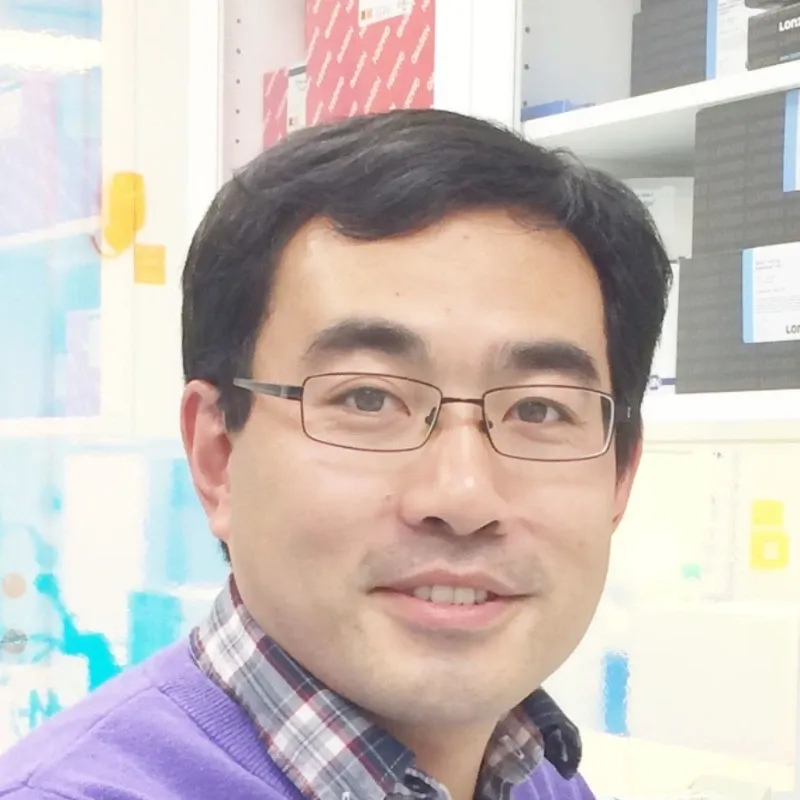A new study from Karolinska Institutet, published in Cell Reports Medicine, shows that follicular lymphoma (FL), a common type of blood cancer, is not one single disease but consists of three genetically distinct subtypes. The findings may help doctors diagnose and treat patients more accurately in the future.

Follicular lymphoma (FL) is a slow-growing cancer that affects white blood cells. Until now, it has been treated as one disease. However, by analyzing tumor samples from patients using whole-genome and transcriptomic sequencing, researchers at Karolinska Institutet found that FL comprises three subtypes with distinct genetic profiles, biological features, and clinical outcomes.
"These subtypes differ in how they develop and may respond differently to treatment. This means that patients could benefit from more personalized care based on the specific characteristics of their cancer", says Dr. Weicheng Ren , co-author and researcher at the Department of Medical Biochemistry and Biophysics at Karolinska Institutet.
The study employed advanced computational methods to investigate patterns in DNA mutations, gene expression, and immune cell behavior. The results showed that each subtype has its own cell of origin and interacts differently with the surrounding tissue. This could affect how the disease progresses and how well it responds to therapy.
Goal to help doctors identify high-risk patients
"Our findings give doctors a clearer map of the disease. This new classification system could help hospitals identify each patient's specific subtype more accurately. It may allow doctors to select treatments that are better suited to each subtype, potentially improving outcomes and reducing unnecessary side effects. The classification could also be used to predict how the disease might develop, making it easier to intervene early in high-risk cases", says Prof. Pan-Hammarström .
The next step for the research team is to confirm the results in larger and more diverse patient groups. They also plan to study immune-related biomarkers in more detail using single-cell sequencing. The goal is to develop tools that help doctors identify high-risk patients and tailor treatments to each individual.
The study was funded by the Swedish Cancer Society, the Swedish Research Council, Radiumhemmets, the Mayo Clinic and KI collaborative grant, the Knut and Alice Wallenberg Foundation, and the O.E. and Edla Johansson Foundation. The authors report no competing interests.
Publication
Ren W, Yang M, Wang X, Nie M, Huang Y, Wan H, Liu D, Li X, Ye X, Meng B, Jiang W, Huang H, Li Z, Zhang H, Wu K, Pan-Hammarström Q
Cell Rep Med 2025 Aug;():102278






